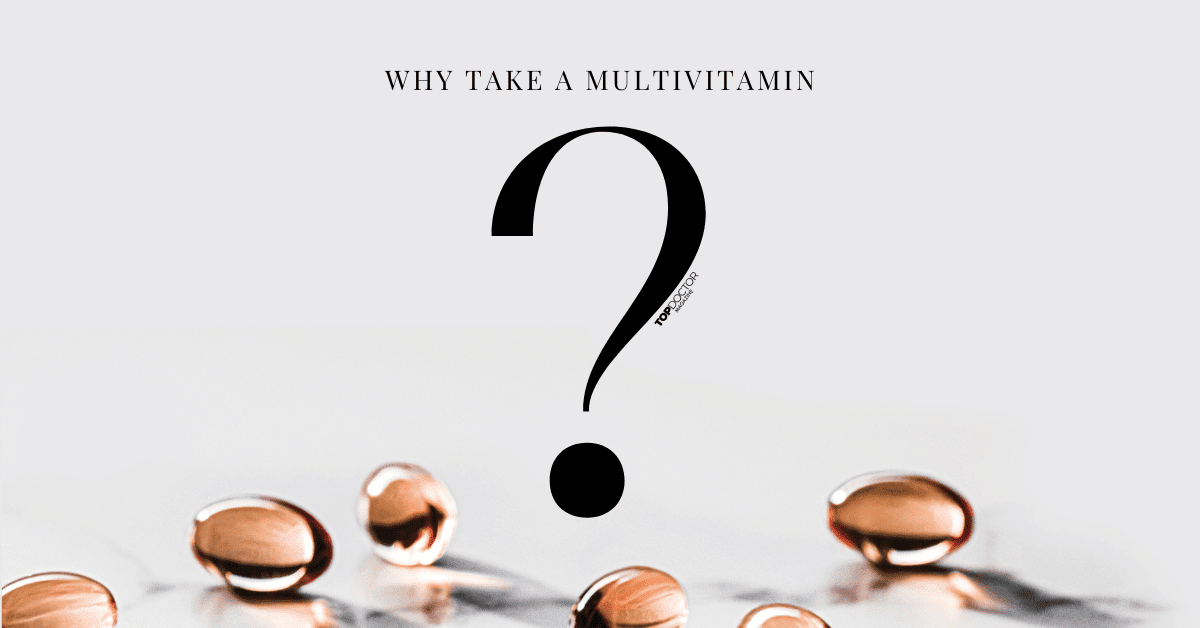The terms vitamins and minerals are frequently used when talking about health, but what do they actually mean? It can be challenging to sort through the wealth of information available to us via the Internet, but with the right approach and a pinch of help, you will learn why and how to use vitamins and minerals to maximize your health!
What Are Vitamins and Minerals?
One way to distinguish between vitamins and minerals is the organic distinction: while vitamins are organic substances, minerals are inorganic. The most recognizable examples of minerals are calcium, sodium and potassium. On the other hand, vitamins are either fat-soluble or water-soluble, which impacts how your body takes in the vitamins.
Different vitamins accomplish different functions in the body. Vitamin C is an interesting case because humans can’t make it out of other compounds; if we’re going to get vitamin C, it has to be from our diet. The recommended quantity per day is between 65 and 90 milligrams. However, you should note that any intake over 200 milligrams will be excreted as urine instead of being used by the body.
The intake of vitamin C is a little complex, but what benefit do we get from it? There are many advantages that you can derive from healthy vitamin C, such as collagen formation, which strengthens blood vessels and bones, antioxidant function, which keeps cells healthy, and infection fighting, which preserves your overall health. While these are critical functions for the body to perform, a healthy diet will provide the adequate amount of vitamin C your body needs.
The difficulty in discussing minerals is that they also perform a dizzying variety of functions in the body. For example, most of us know that calcium is critical for bone strength, but it also assists in enzyme function and transmitting nervous system messages throughout the body. Another popular understanding of this mineral, which turns out to be accurate, is that the best foods for getting calcium into your body are dairy-based. Milk, yogurt, cheese and soymilk all help supply the appropriate amount of calcium.
What Happens When I’m Vitamin or Mineral-Deficient?
The benefits of vitamins and minerals come with a dark side: our bodies can be impacted for the worse if we are short of the elements we need. A vitamin D deficiency, for example, can result in bone abnormalities. Too little of the mineral iron can lead to anemia. A lack of vitamin A can bring about visual and skin changes, and vitamin E deficiency can cause neurological disorders.
Luckily, you can identify these deficiencies with a simple blood test. Speak to your physician if you believe you’re affected by a vitamin or mineral deficiency. While these problems may not affect people with a consistently healthy diet, they are essential to understand if you want to appreciate the role of vitamins and minerals in your health.
The Value of Multivitamins
Recent research has indicated that half of America’s adults take a multivitamin, so there’s a good chance that the concept is familiar to you. But how much benefit can you get from these dietary supplements? The average multivitamin contains all 100% of the daily dose of the 26 vitamins and minerals critical to your health. If you’re eating a healthy, well-balanced diet, multivitamins might be unnecessary.
However, there are also circumstances in which a multivitamin might be the perfect boost to your regular diet. If you have a medical condition that hinders your body’s ability to absorb nutrients, or if you’ve recently undergone surgery, a multivitamin may do you a lot of good. If financial circumstances or a busy schedule prevent you from eating a well-rounded diet, the convenience and low cost of multivitamins will be very beneficial. Do some research, speak to your physician and consider adding a multivitamin to your daily routine!






0 Comments